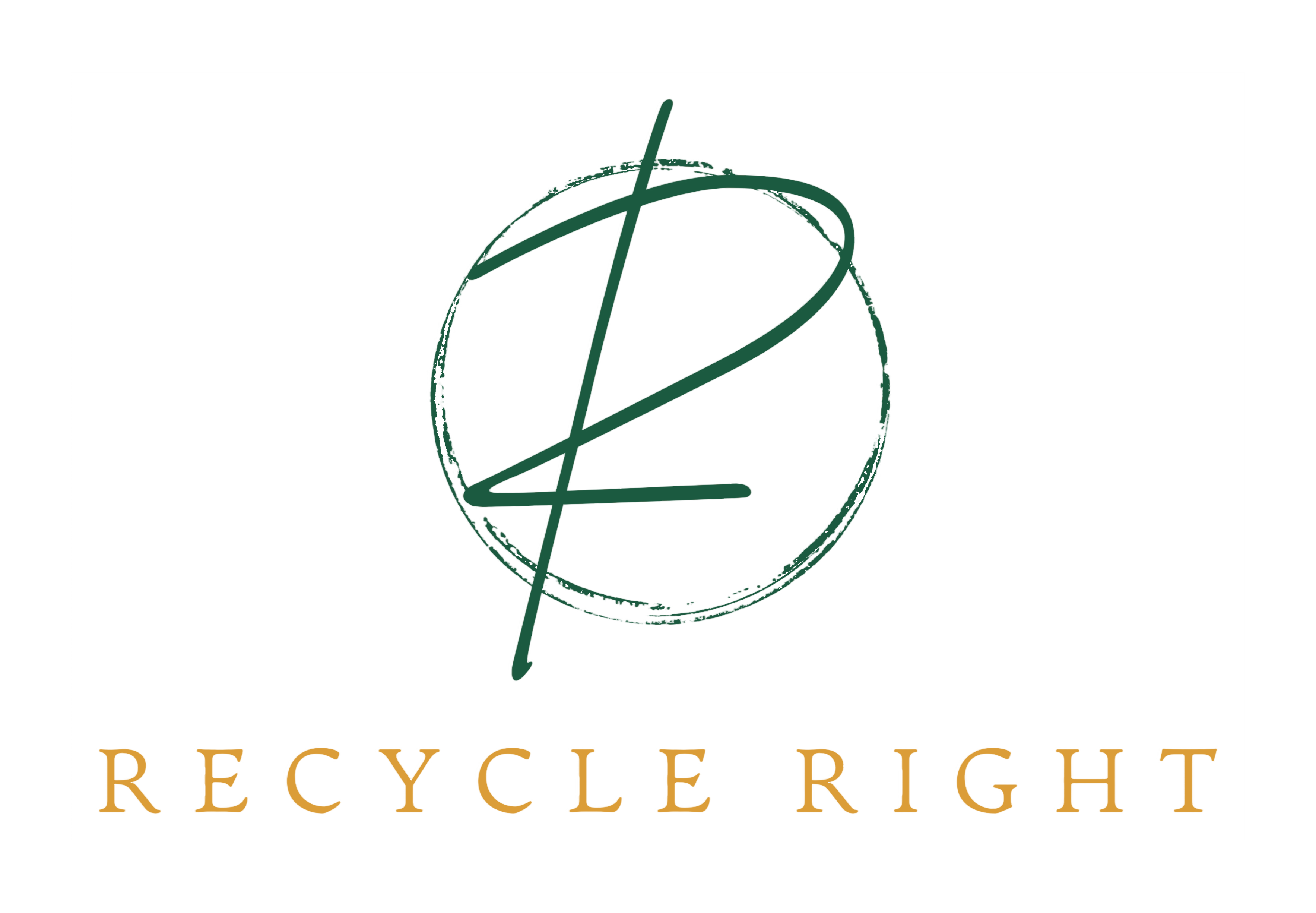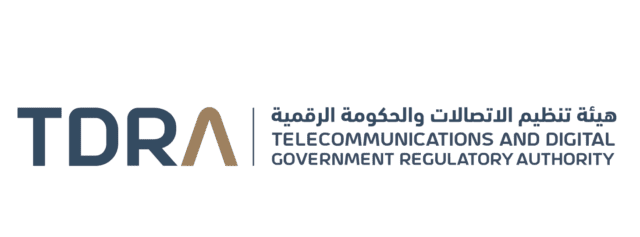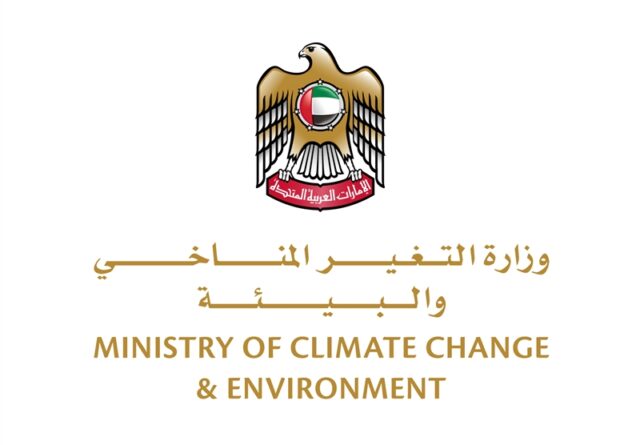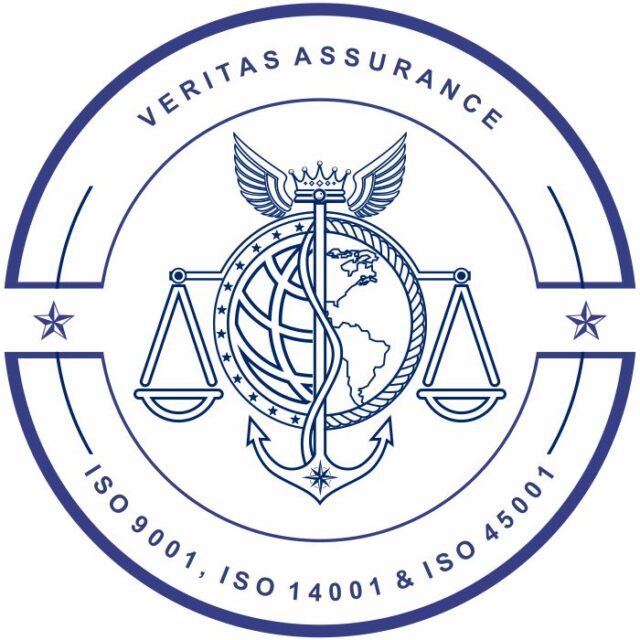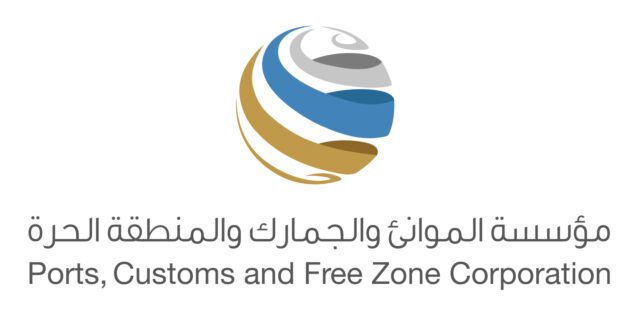Recycling plays a pivotal role in environmental preservation and waste reduction, making it imperative for businesses to adhere to current guidelines and best practices. Despite its importance, there are common mistakes that businesses often make in recycling efforts. By understanding and following the dos and don’ts of recycling, businesses can ensure the effectiveness and success of their recycling initiatives, contributing significantly to sustainability efforts.
Dos:
Do Check for Local Recycling Provider: It’s crucial to verify local requirements before recycling. Recycling facilities may vary in their capacity to process different materials, making it essential to consult your local recycling provider to determine accepted items. Plastic recycling can be complex due to the various types of plastic. If you have any inquiries or uncertainties, please don’t hesitate to contact us for assistance!
Do Prioritize Material Segregation: Sort recyclables into the appropriate categories to make the recycling process more efficient. Separate paper and cardboard from plastics, glass, and metal. By sorting your materials into designated bins before collection, you ensure their cleanliness throughout the recycling process, facilitating more efficient processing at recycling facilities. While it might be tempting to throw all recyclables into one bin for convenience, maintaining a clean stream preserves the value of materials and greatly enhances recycling rates.
Do Encourage Reducing and Reusing: Promote a culture of reducing waste and reusing materials within your business. Encourage employees to use reusable items such as water bottles, coffee mugs, and containers instead of disposable ones.
Do Partner with Recycling Facilities: Establish partnerships with local recycling facilities or waste management companies to ensure that recyclables are processed efficiently and effectively. Collaborate with these organizations to stay updated on recycling best practices and initiatives.
Don’ts:
Don’t toss electronic waste: Electronic devices such as computers, cell phones, and batteries contain hazardous materials like lead, mercury, and cadmium, which can leach into the environment if improperly disposed. Instead, look for specialized e-waste recycling facilities. Contact us for expert guidance for responsibly managing e-waste. Our skilled team not only ensures safe handling of electronic devices but also offers data extraction services to protect privacy and security. By partnering with Recycle Right for e-waste recycling, you contribute to environmental preservation, resource conservation, and data security.
Don’t Recycle Contaminated Materials: Avoid recycling items that are contaminated with food, liquid, or other substances. Contaminants can compromise the recycling process and lead to rejected batches of recyclables.
Don’t Mix Hazardous Waste with Recyclables: Avoid including hazardous materials such as batteries, chemicals, or electronic waste in recycling bins, as these can pose safety risks and contaminate other recyclable materials. Businesses can reach out to our team at Recycle Right for assistance in proper disposal methods. We are committed to providing guidance and support in ensuring the safe and responsible handling of hazardous materials.
Don’t Neglect to Research: Stay informed about changes in recycling policies and guidelines in your area. Recycling programs may vary by region, so regularly research updates to ensure you’re following the latest recommendations.
Conclusion:
In conclusion, adopting responsible recycling practices is crucial for businesses aiming to contribute to environmental preservation and sustainability. By following the dos and don’ts outlined in this guide, businesses can ensure the effectiveness and success of their recycling initiatives while minimizing negative impacts on the environment. At Recycle Right, we are committed to supporting businesses in their recycling efforts. Whether you need assistance with proper disposal methods for hazardous materials or guidance on managing electronic waste responsibly, our expert team is here to help.
Resources:
- Roadrunner Waste Management. “Dos and Don’ts of Recycling.”
- Ezop. “Dos and Don’ts of Recycling in Wisconsin.”
- Ezop. “Dos and Don’ts of Recycling in Wisconsin.”
